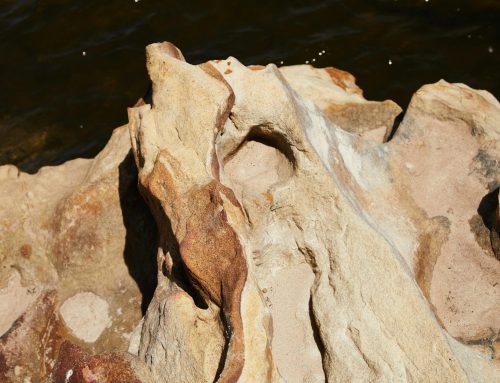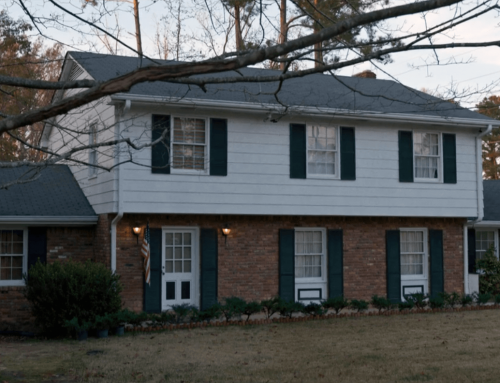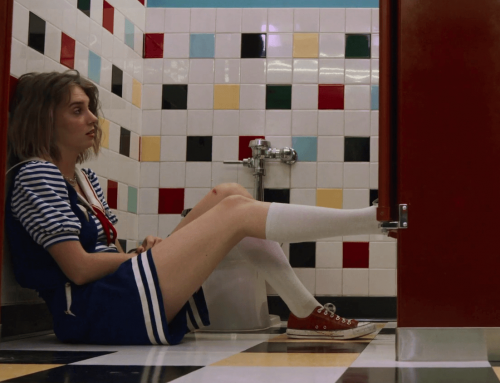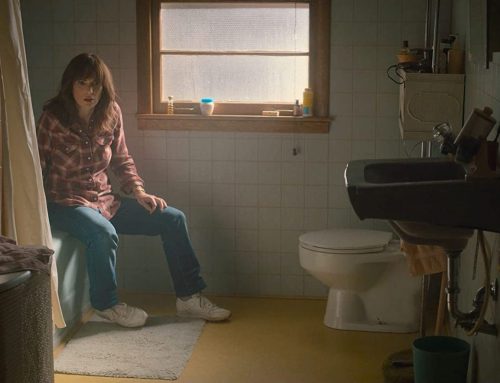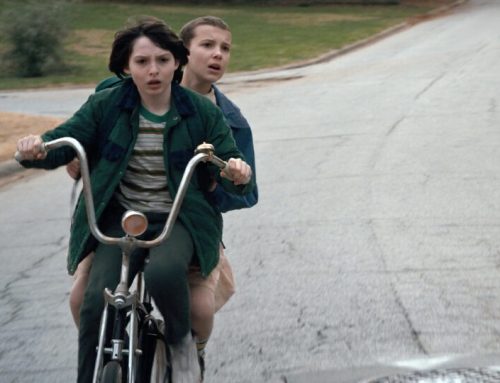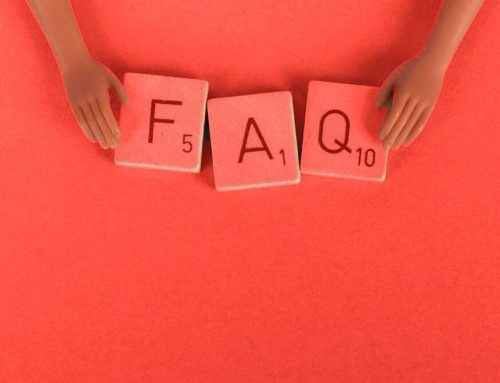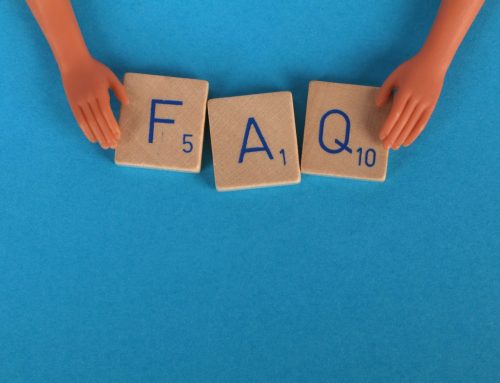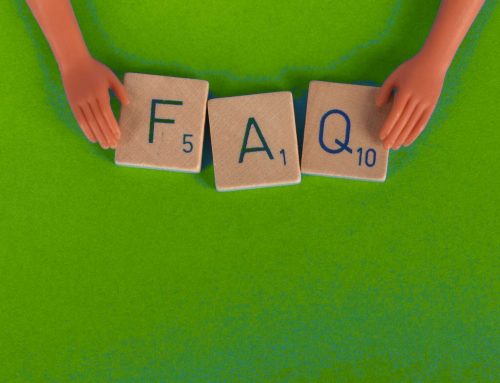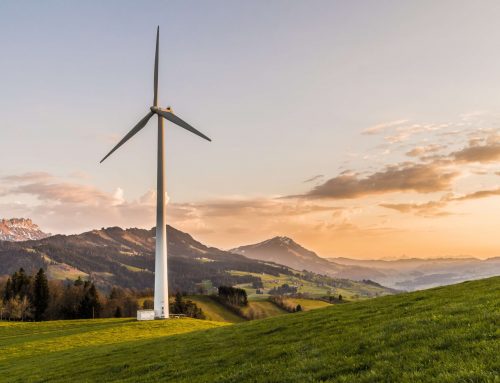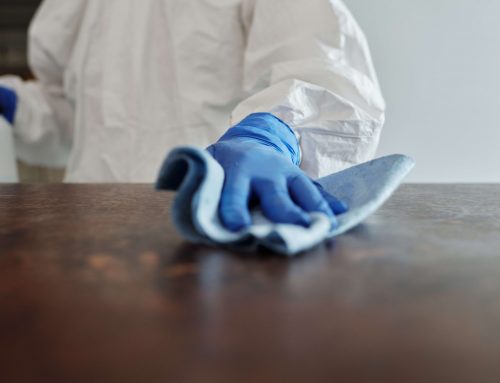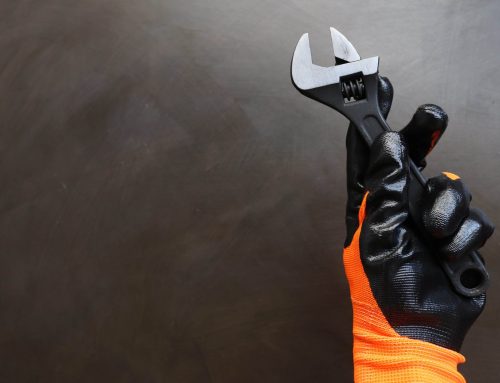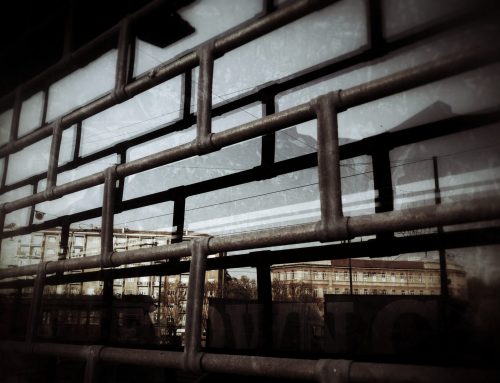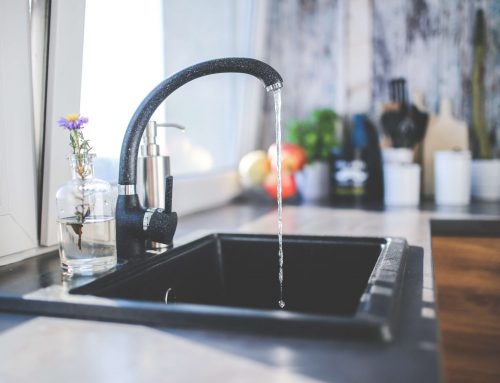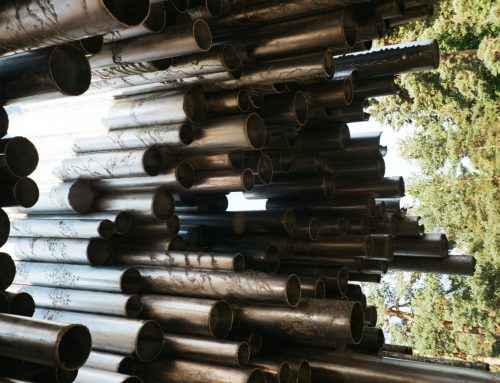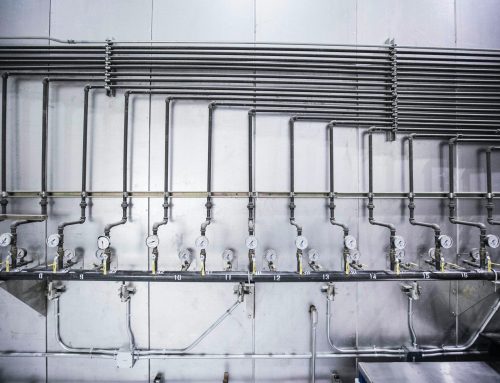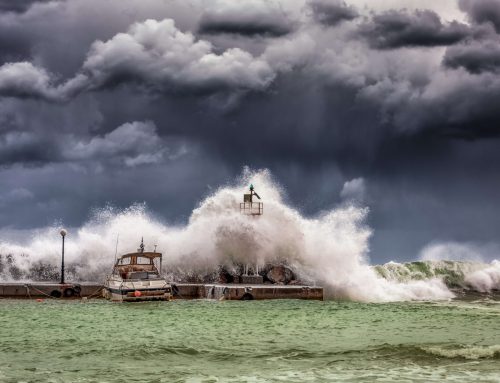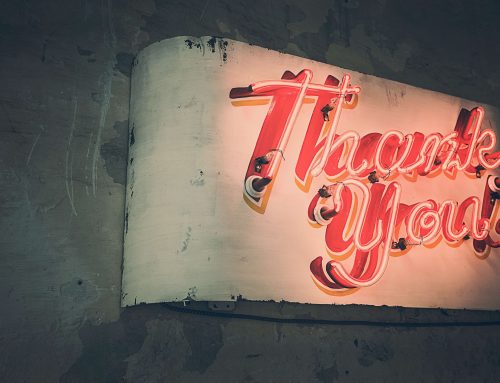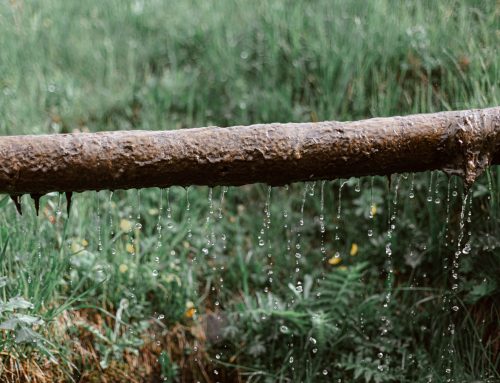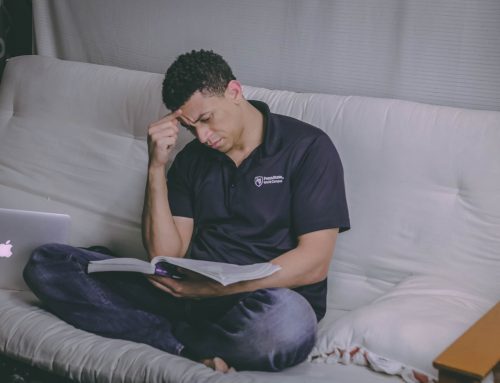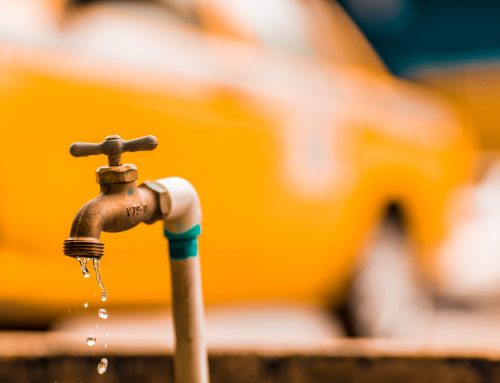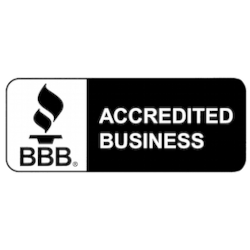DIY Plumbing Disasters that can be Avoided
DIY work around the house can be great. Not only does it save some money but you get to work around your own schedule. Unfortunately you may run into a problem or two, especially since when plumbing goes wrong, it can go very wrong, very quickly. Here are a few common mistakes that everyone has probably been guilty of doing at least once, that are very easy to avoid once you are aware of them!
Mixing Up Your Materials
There are many varieties of pipe materials, and you should be aware of what’s installed in your home. If you want to make a change such as changing outdated PVC plastic for more modern PEX, be sure you understand what the outcome may be. Certain types of plastic can’t withstand hot water, and there are other materials you shouldn’t mix. For example, copper connectors on galvanized metal pipes can lead to corrosion, causing blockages down the road. Consult a professional plumber before making any material changes.
Not Shutting Off the Water
Be sure you shut down the flow of water before you start taking anything apart, or you’ll probably end up with a flood. Also be sure you know where the main water shut off valve is in your house, as well as any localized shutoffs for some of your individual rooms and fixtures.
Too Much Drain Cleaner
A clogged drain is a fairly simple problem, but even this fix can go wrong. Many plumbers recommend that you avoid using chemical drain cleaners and if you do, use it sparingly. Too much could end up corroding your pipes. Better to use mechanical methods like a plunger or a plumbing snake to clear up whatever is causing the blockage.
Not Having the Proper Tools for the Job
When you’re trying to pull your pipes in and out of place, there’s not a lot of room for error. You don’t want to be tightening joints with the wrong kind of wrench, or struggling to remove a nut that would come off easily with the right tool. Make sure you have the correct tools before you start your job.
Ignoring Local Code
Each municipality has a local building code which includes rules and regulations for plumbing, covering what types of materials you can use, what types of configurations are legal and more. These codes are in place for a reason – it helps protect you and your home from cheap work that’s likely to break and cause future issues.
Of course, you may run into issues along the way that you may need to consult a professional plumber for. If that should happen, don’t hesitate to call Go Green Plumbing and we can help you out!
You can give us a call at 289-244-9843 or send us an email at info@gogreenplumbing.ca.
Thanks for reading!




